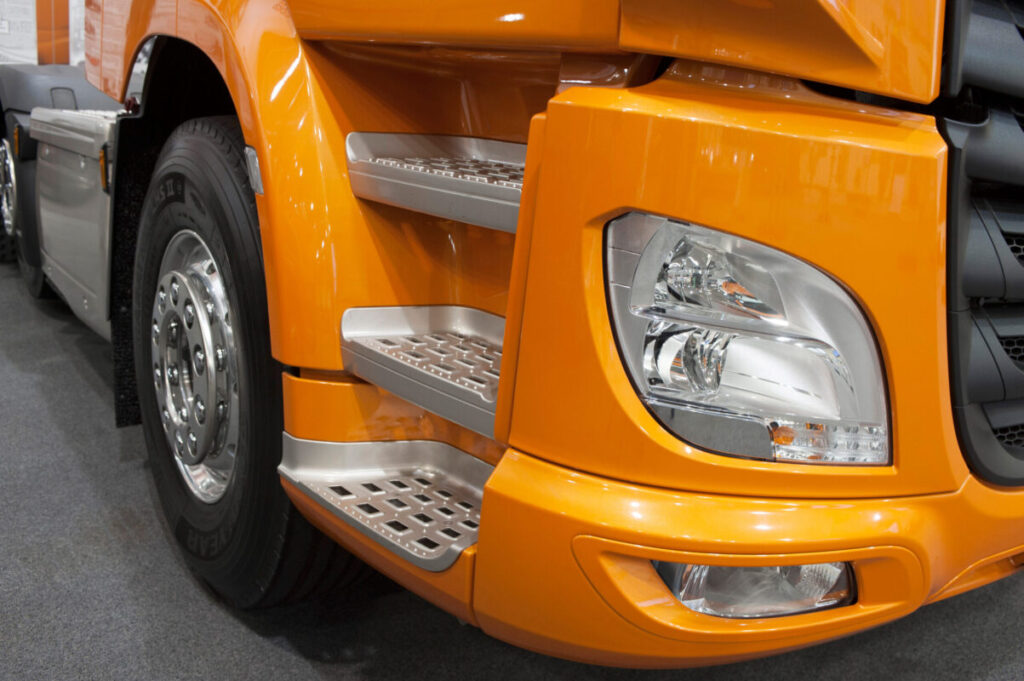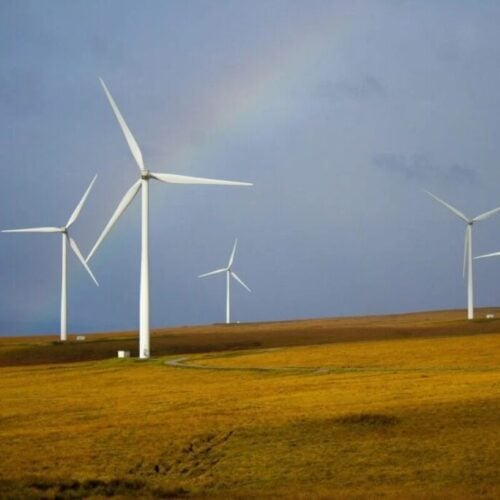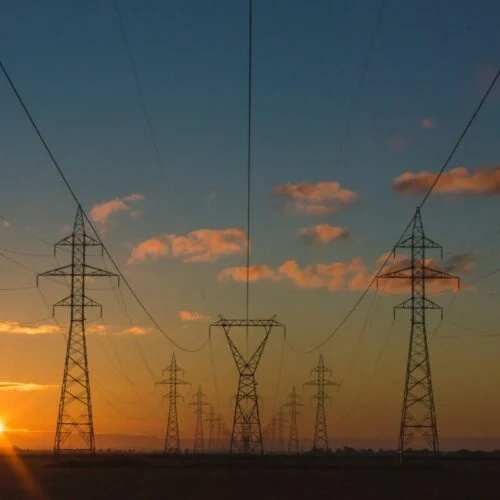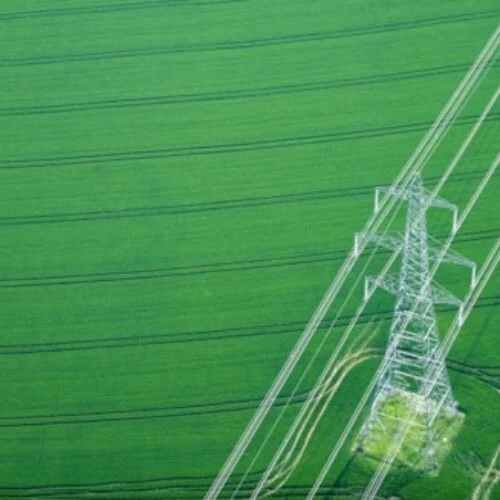Zero emission truck uptake rose 94% in the first quarter of 2025 to reach record levels, figures from the Society of Motor Manufacturers and Traders (SMMT) show.
While the overall market for heavy good vehicles (HGVs) declined by 12% in the first three months of 2025, with 9,738 new trucks taking to the road, registrations of new zero emission HGV almost doubled compared to Q1 2024.
The record-breaking number of eHGV units registered in Q1 2025 was 97, taking an overall market share of 1%, up 0.5% on last year. SMMT noted that manufacturers are investing heavily in innovation, with 35 models currently available as zero emission.
Under the government’s zero emissions vehicle (ZEV) mandate, all new HGVs up to 26 tonnes – the majority of the market – must be emission-free by 2035. SMMT said that the heavy commercial vehicle transition is being supported by government schemes such as the Plug-in Truck Grant and the Zero Emission HGV and Infrastructure Demonstrator (ZEHID) programme.
However, it also said that “immediate action” is needed to remove “onerous planning procedures” that prevent the timely rollout of a charging network that is able to support eHGVs.
Both at fleet depots and on the strategic road network, the power supply necessary to charge the larger batteries powering eHGVs at a cost-effective speed is difficult to come by. SMMT reiterated a previously made argument that the grid connection allowances being made to enable faster connections for renewable energy generation projects should be granted charging infrastructure, too.
According to SMMT chief executive Mike Hawes: “Onerous planning processes, however, are acting as a handbrake on depot and public infrastructure, and fast-tracked grid connections are essential if more HGV fleets are to be decarbonised.”
The zero emission bus sector has set a good example, with uptake surging 129.5% in Q1 2025, taking more than a quarter of the bus market.
The UK remains Europe’s largest market for new ZEV buses by volume, and sales of zero emission double and single deckers accounted for 29.2% of the overall market. According to SMMT, this makes buses the most advanced sector in Britain’s road decarbonisation effort.
Moving forward, SMMT said that smaller and rural operators need extra support where they can struggle to justify the switch due to lower ridership, tighter margins and longer routes making the business case for ZEVs more difficult.
SMMT suggested that targeted funding and infrastructure rollout will be needed, including a national plan for depot and shared hub infrastructure.






